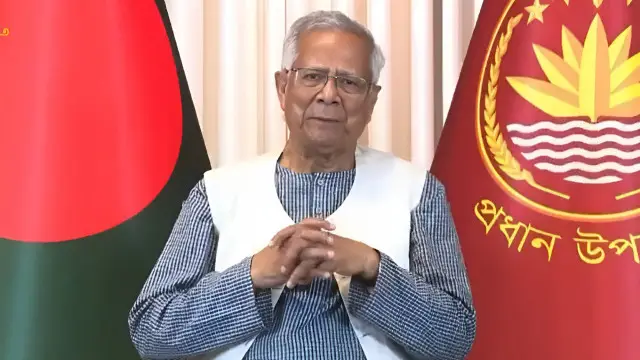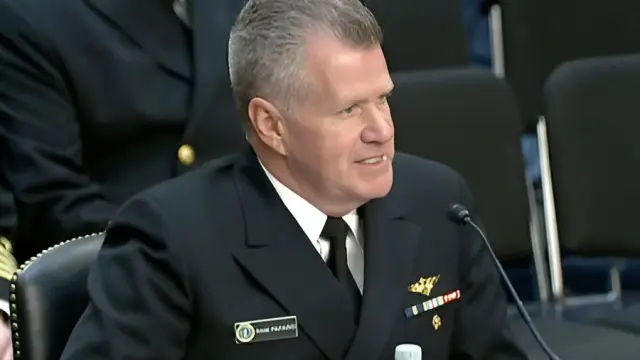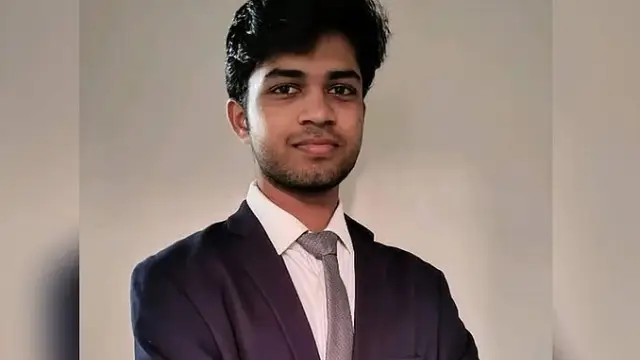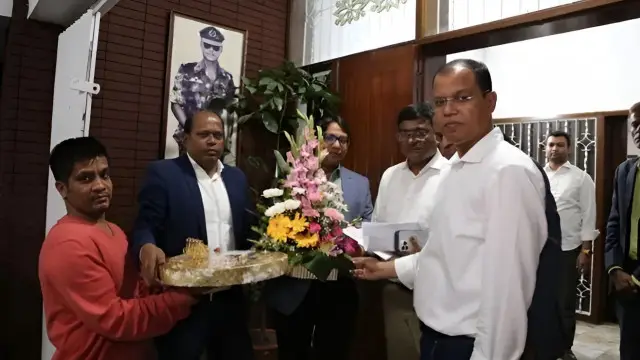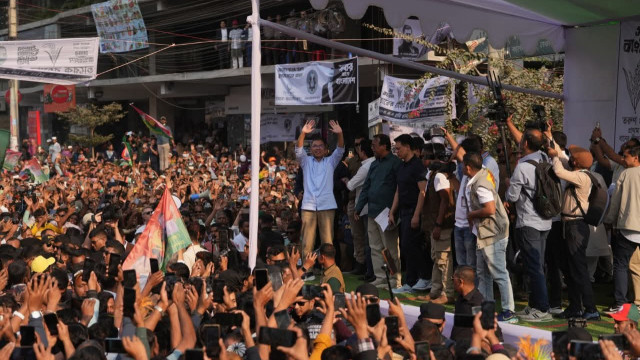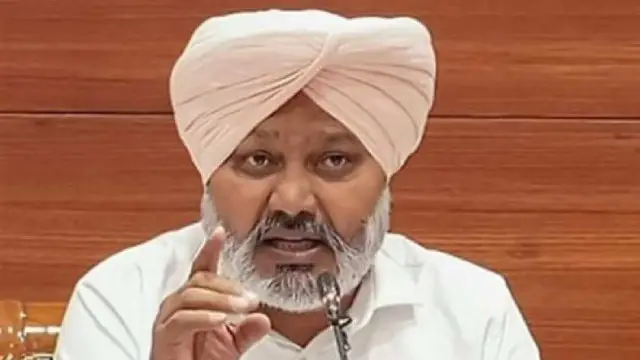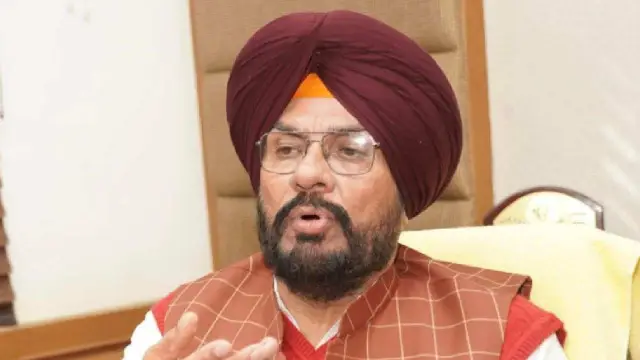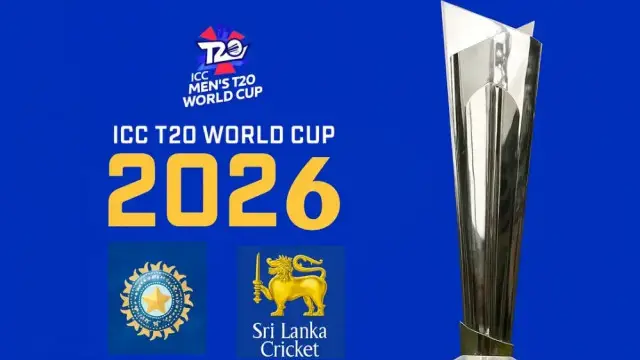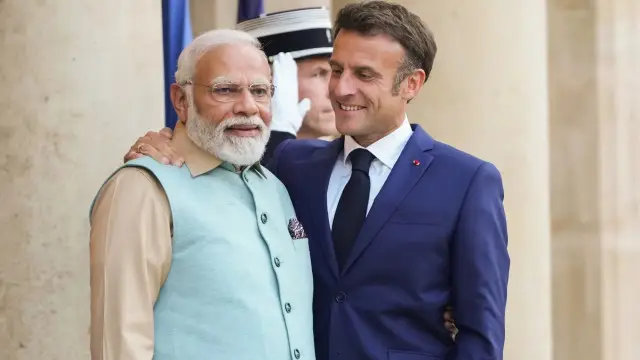Letters Over Borders: How Eid-ul-Azha Rekindled India-Bangladesh Ties Amid Political Storm
On the sacred occasion of Eid-ul-Azha, a diplomatic gesture from Prime Minister Narendra Modi to Nobel Laureate Mohammad Yunus has set the tone for renewed warmth between India and Bangladesh. In a region fraught with political churn, this signal carries weight.

International News: They symbolized India's intent to engage beyond the establishment. While the streets of Dhaka may be simmering with protests and pre-election tensions, the tone of this letter exchange cut through the noise. For a moment, two South Asian giants found common ground not in policy documents but in heartfelt wishes. Dr. Yunus’s letter didn't merely acknowledge Modi’s wishes. It emphasized the urgency of fostering peace, justice, and economic cooperation in a divided region. At a time when he himself faces legal and political challenges in Bangladesh, his words held weight. His calm yet assertive tone rekindled hope that leaders on both sides of the border can transcend their immediate struggles. The letter struck a note of solidarity, a rare gesture in today’s charged political climate.
Modi’s Outreach Sends a Message to Dhaka’s Corridors of Power
It signaled India’s strategic support for democratic values and civil discourse. In the backdrop of Bangladesh’s upcoming elections, Modi’s move is being seen as a subtle endorsement of civil society voices. For India, engaging with voices like Yunus means staying connected with Bangladesh beyond political regimes. It is a calibrated outreach—meant to preserve long-term ties in a region vital for India’s strategic east.
Public Sentiment Turns Warm, Social Media Buzzes
The letters were widely shared online. Hashtags like #IndiaBangladeshPeace, #ModiYunusExchange and #EidDiplomacy trended across platforms. Bangladeshis appreciated India’s gesture, while Indians praised Yunus’s dignified response. In an era where hate often dominates headlines, this letter exchange became a rare example of diplomacy done right. People across both borders—tired of toxicity—seemed to welcome this fresh breeze.
A New Template for South Asian Diplomacy?
Analysts suggest this exchange may be a glimpse into a new style of regional diplomacy—less about state visits and more about emotional connection. Symbolic yet powerful gestures like these could help heal old wounds. As India asserts itself globally, soft power is becoming a key instrument. And what better occasion than Eid, a festival of sacrifice and togetherness, to reinforce it? In just two letters, India and Bangladesh may have taken a quiet step toward stability. As the region braces for more political turbulence, this Eid-ul-Azha has proven that words—when sincere—can change the narrative.




